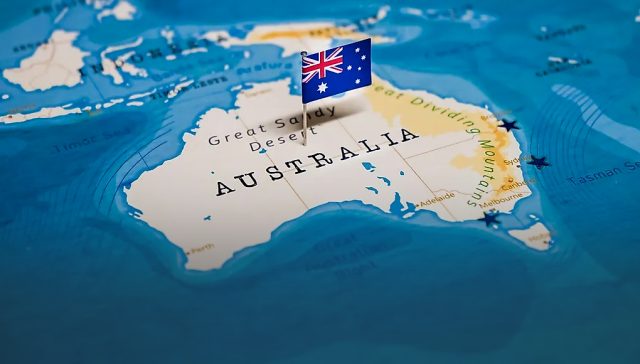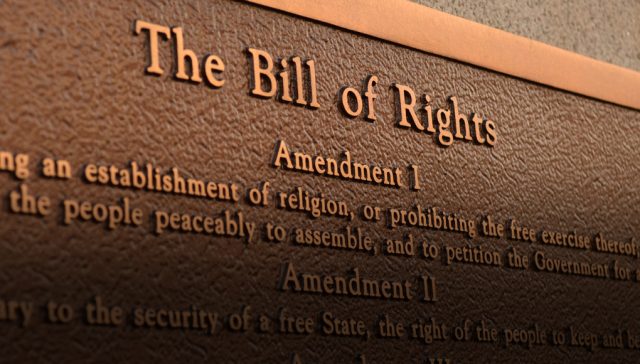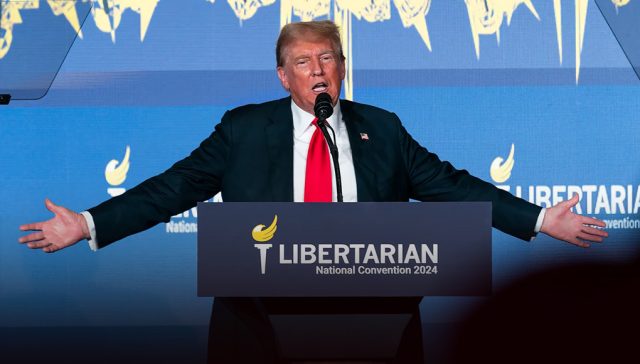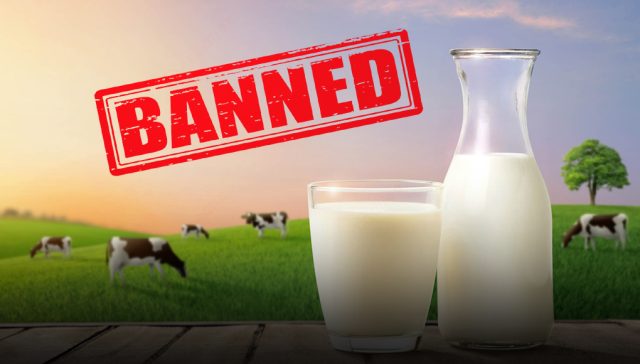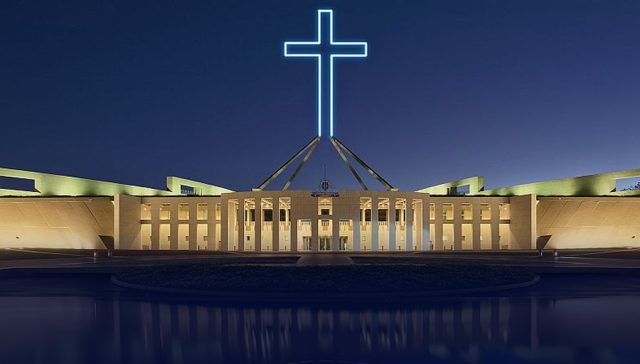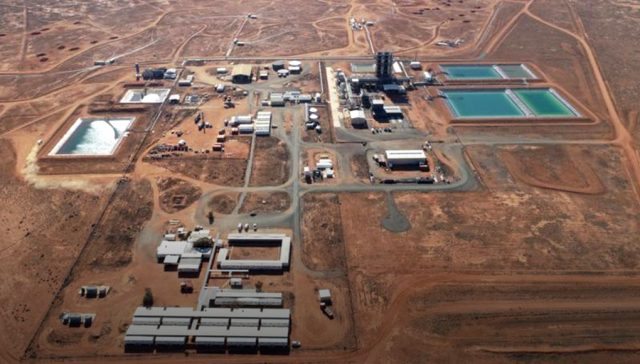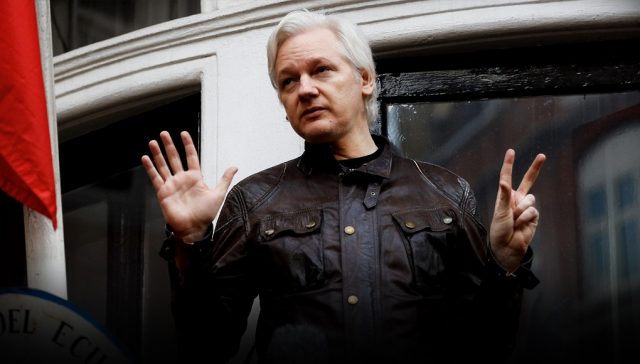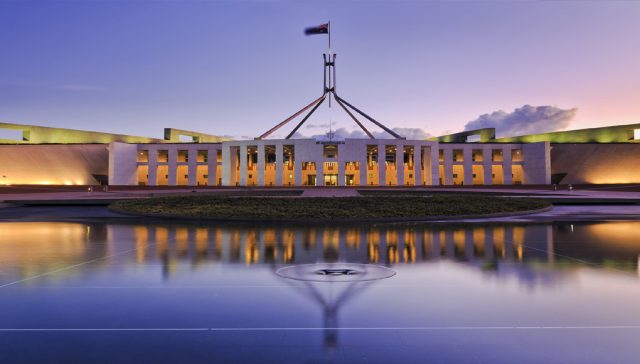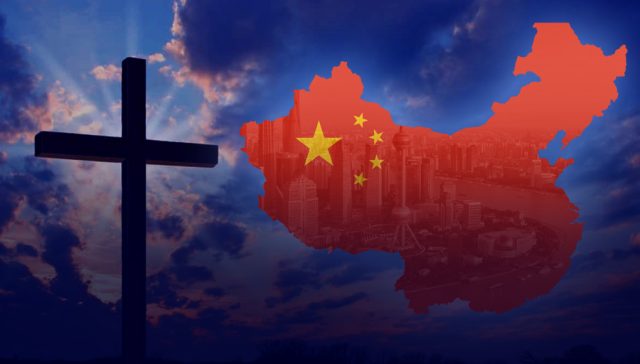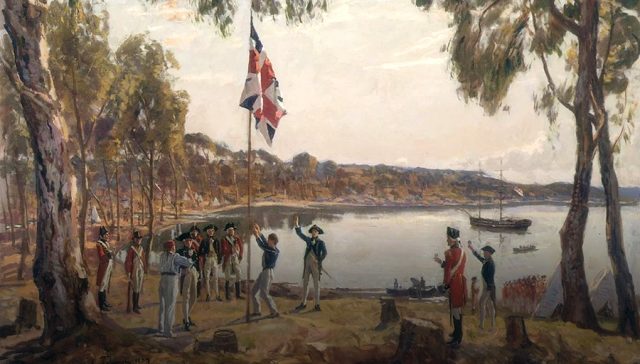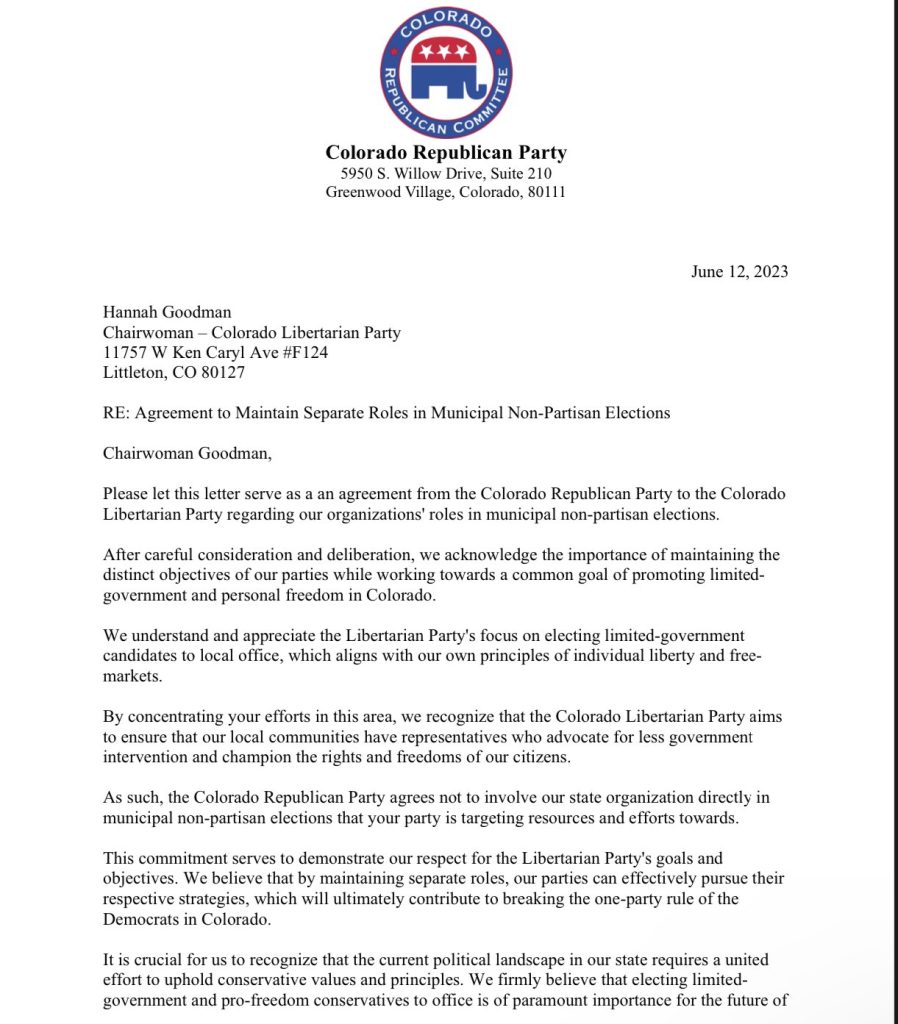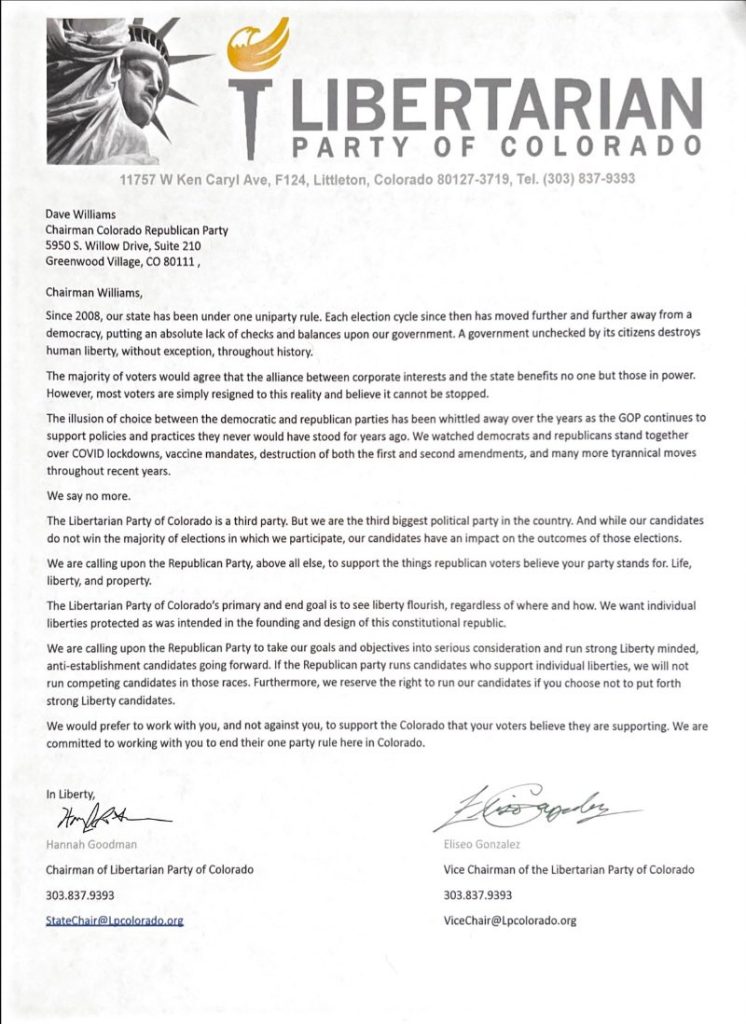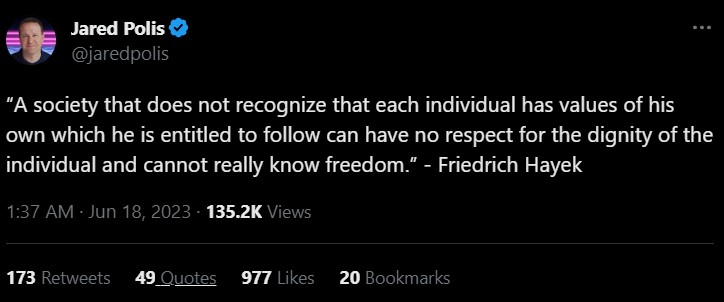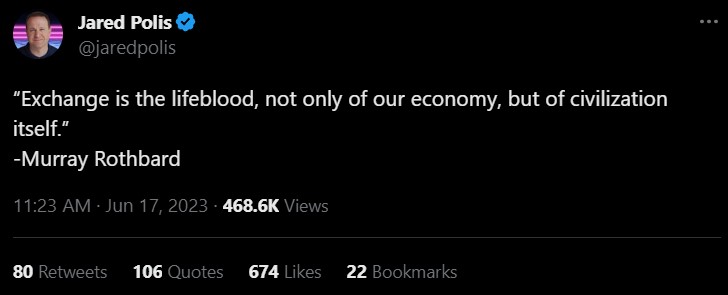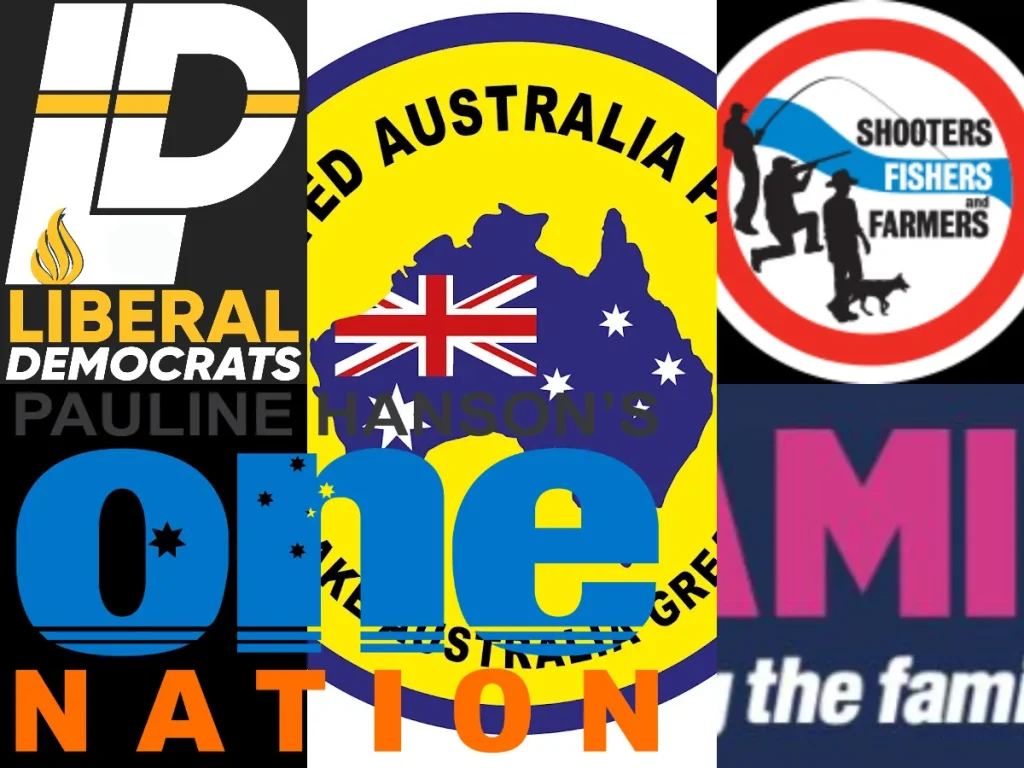How Sunk Cost Fallacy Drives Authoritarian Policies
Sunk cost fallacy is the tendency of people to stick with a decision or course of action that isn’t having a positive result because the person has invested time, money and/or resources that cannot be recovered and do not want to feel that they have wasted them. In many cases, sunk cost fallacy can even drive people to double down on a bad decision or course of action.
Here are two real life examples of how people can be affected by sunk cost fallacy.
Example 1:
Amy buys a ticket to see a movie and goes into the cinema to watch it. After about 30 minutes she concludes the movie is not very good but watches it to the end because she doesn’t want to feel she has wasted her money on the ticket nor her time watching it.
Example 2:
Kiara has gambled away thousands of dollars hoping one day to win big. Kiara does not want to stop gambling because she thinks she will win big one day and doesn’t want to think her ‘investment’ was a waste. She continues to double down and gamble away even more money in the hope it will one day pay off.
What is authoritarian policy and what drives it?
Authoritarian public policy restricts the choices of individuals or violates recognised civil rights and liberties. It is typically driven either by a desire to control others or to solve a problem or perceived problem within society.
Governments convince themselves that the War on Drugs is necessary, and to end the war would turn the investment into a sunk cost.
It can be driven by malevolent forces, such as a group or individual wanting to increase their power or cause harm to a person or group they don’t like, or by benevolent forces wanting to solve a problem or make society a better place in the belief that the end justifies the means.
How is sunk cost fallacy relevant to authoritarian policies?
The imposition of any policy requires time, money and resources. Authoritarian policies also involve sacrificing rights and liberties, often even including those of the people supporting and perpetuating the policy.
Most people like to think they are decent and not causing harm to others and society. We each want to be the hero of our own story. Those who support and perpetuate authoritarian policies often have good intentions. But good intentions do not alter the harm they cause to individuals and society. To these people, any so called ‘sacrifices’ are a means to an end, and the erosion of civil liberties and human suffering are an investment. Any attempt to reverse such investment is considered an attempt to turn an investment into waste.
Some real-life examples of sunk cost fallacy driving authoritarian policies
I will use two real life authoritarian policies as examples of sunk cost fallacy: the War on Drugs, and the Authoritarian Covid Response. Both came with significant social and economic costs, leading to major restrictions on individual freedom and causing significant suffering within society.
The War on Drugs:
The war on drugs has been waged for over half a century. Although there were laws that restricted and criminalised drugs in various countries, in the early 70s US President Richard Nixon found a way to criminalise groups that he did not like such as hippies and black people.
He knew that he couldn’t directly criminalise people for being hippies or black, but he also knew that drug use, in particular marijuana, was popular in both communities. From this, he enacted a policy in 1971 called the War on Drugs and created a government agency called the Drug Enforcement Administration (DEA) using the excuse of public safety.
And in a fashion typical of the US government, the policy began to be promoted to other countries, with many falling into line.
The War on Drugs has proven to be incredibly destructive, with billions spent on enforcement around the world. Arresting people and putting them in jail uses a lot of resources and costs taxpayers a lot of money.
The criminalisation of drug use has also had many negative social effects such as making criminals of those who were otherwise causing no harm to others, and being used an excuse to introduce policies such as civil asset forfeiture.
On top of this, the War on Drugs has been a failure: drugs have won the war. People still use drugs. Yet governments around the world remain determined to make the policy work. New excuses are offered to justify the policy, such as public health and the cost to taxpayers in countries with socialised healthcare. Governments convince themselves that the War on Drugs is necessary, and to end the war would turn the investment into a sunk cost.
Sunk cost fallacy can even drive people to double down on a bad decision or course of action.
Authoritarian Covid Response:
The authoritarian Covid response (ACR) is a set of government responses to the Covid-19 virus which originated in China in late 2019 and proceeded to spread throughout the world. Although some people such the elderly and those with underlying medical conditions can get very sick, most people have mild symptoms and many don’t even know they have it.
In reaction to the virus, governments threw out their prepared pandemic plans and implemented extreme restrictions on everyday life that severely curtailed civil liberties and derailed the lives of millions of people all over the world.
People were subjected to rules that were overly restrictive, made no scientific sense and were counterproductive. The rules were constantly changing, often confusing and practically impossible to follow even for those who wanted to follow them.
The first two weeks and maybe even the first two months could have been forgiven but once it become obvious the rules were excessive and needless, they continued with significant societal support. The perpetuation of the policy had significant social and economic costs, has permanently eroded civil liberties, and has permanently and negatively altered the trajectory of the lives of many people including myself.
Whenever the excessive nature of the ACR was mentioned, those who support it wouldn’t just disagree but would respond in a manner that can be best described as emotional and angry. I noticed many Gen Z peers to be very supportive of the ACR policy despite our age group disproportionately experiencing many of its negative effects.
The longer a person supported the ACR, the less likely they were to stop supporting it, with their support becoming more aggressive over time, even to the point of cutting off close friends and family. Given the extensive personal and societal ‘sacrifices’ created by ACR policies, many who supported the ACR came to view the ‘sacrifices’ caused by the policy to be an investment.
Ending the ACR policy would mean that the ‘sacrifices’ were a pointless sunk cost and a loss of their investment, and that they had needlessly harmed society. This desire to avoid losing out on their investment helped perpetuate the ACR policy and continue its existence.
The implications of sunk cost fallacy driving authoritarian policies
Knowing that sunk cost fallacy drives authoritarian policy emphasises the importance of working to stop authoritarian policies before they even take hold. Once they do take hold, people become invested in their continuation which makes it more difficult to eliminate them.

Jessica Colby is a young libertarian advocate who has been passionate about political issues from an early age. She became involved in the Libertarian Party shortly after turning 18 and is now Treasurer of the South Australian branch.







